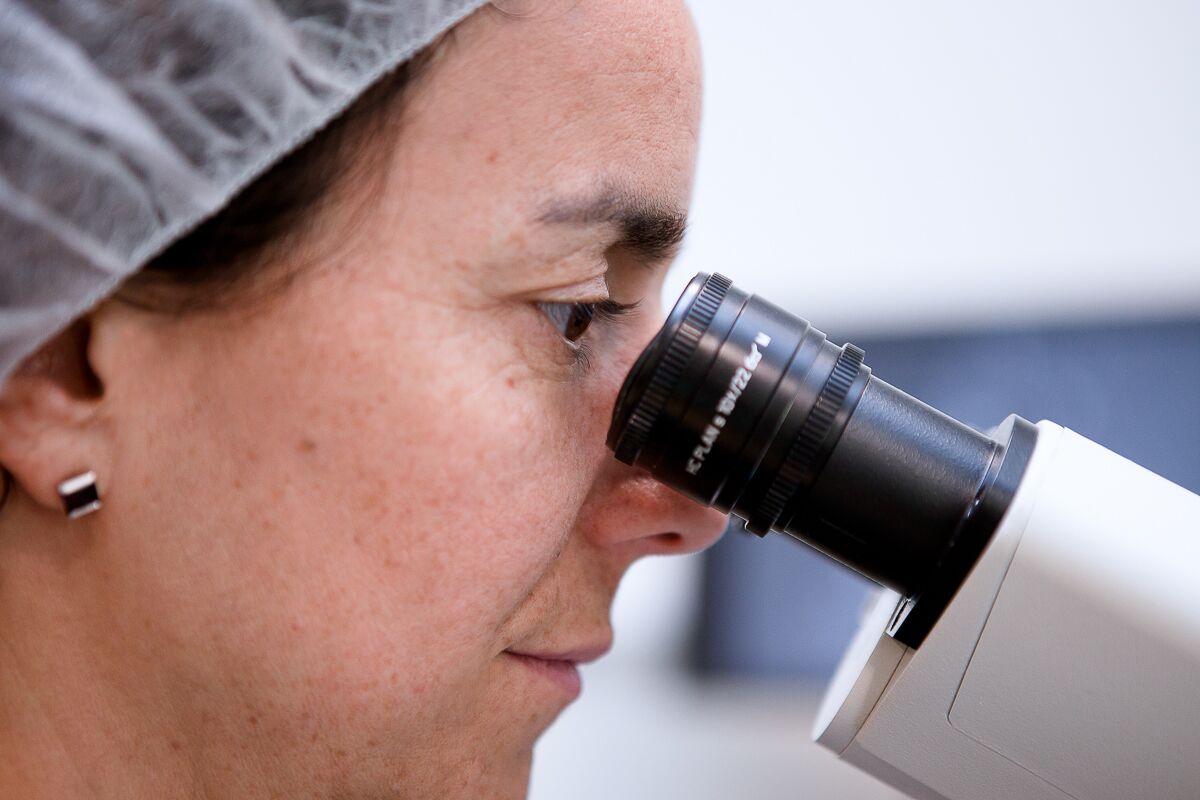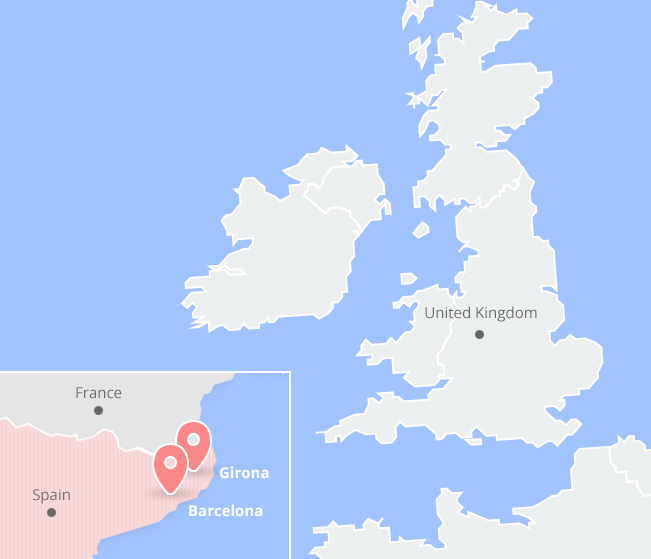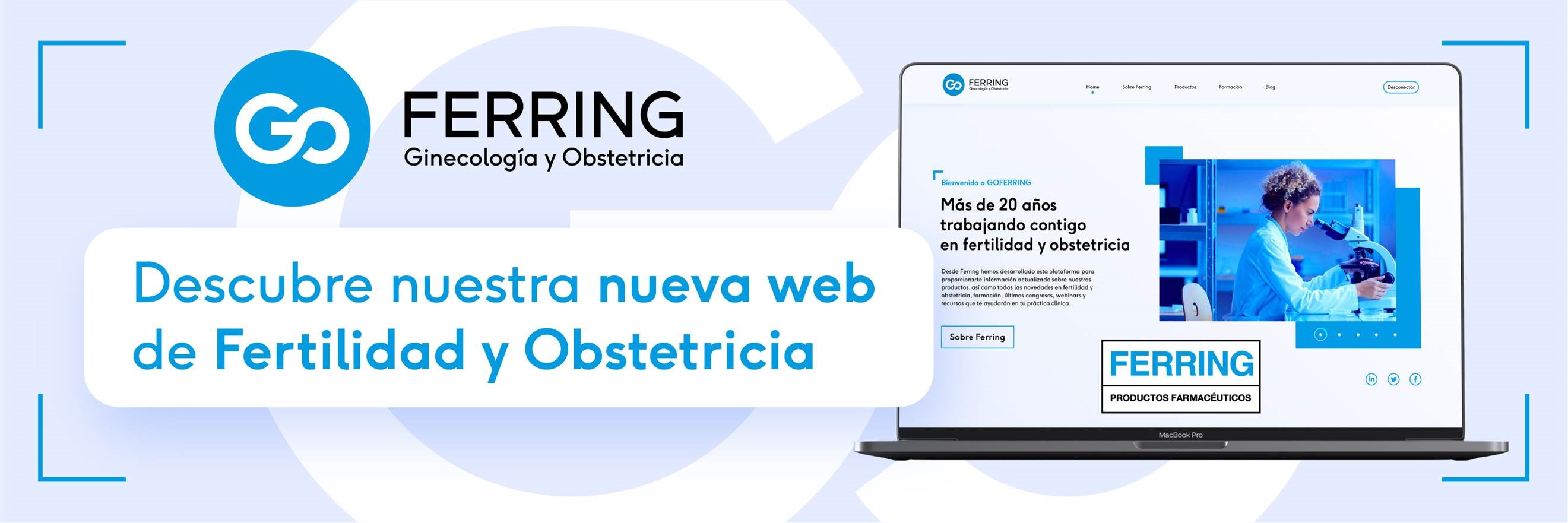
More each time, patients need egg donation to make their wish of becoming parents come true. When there is no ovarian function, i.e., when there are no eggs in the ovaries (menopause, genetic syndrome, etc.) or when the remaining eggs do not have enough quality to result in pregnancy, the egg donation is the best treatment available.
Egg donors are young women between 18 and 32 years, enjoying good health both physically and mentally. Their eggs are of a high quality, but this, a priori, does not exclude that the donors may be carriers of a rare genetic disease.
Therefore, in GIREXX we apply an exhaustive DETECTION TEST OF GENETIC DISEASES (Qcarrier) to our donors, a test to detect more than 200 diseases like cystic fibrosis, fragile X syndrome, muscular dystrophy, thalassemia, etc.
In fact, most people are carriers of a genetic disease without being aware of it because they do not develop the disease but are only asymptomatic carriers. Being a carrier is not a problem but it represents a danger when the two parents, both father and mother, are carriers of the same genetic disease, because the newborn has a 25% chances of developing it.
For this reason, egg donation in GIREXX not only includes a genetic test to donors, but also to the male partner. So that under no circumstances, eggs that are not genetically compatible with the sperm of the couple, i.e., eggs that can give room to a baby with one of these genetic diseases, will be used.
This test greatly minimizes the risk of the baby suffering any of these serious genetic diseases.




 Español
Español Français
Français Català
Català Italiano
Italiano Русский
Русский









